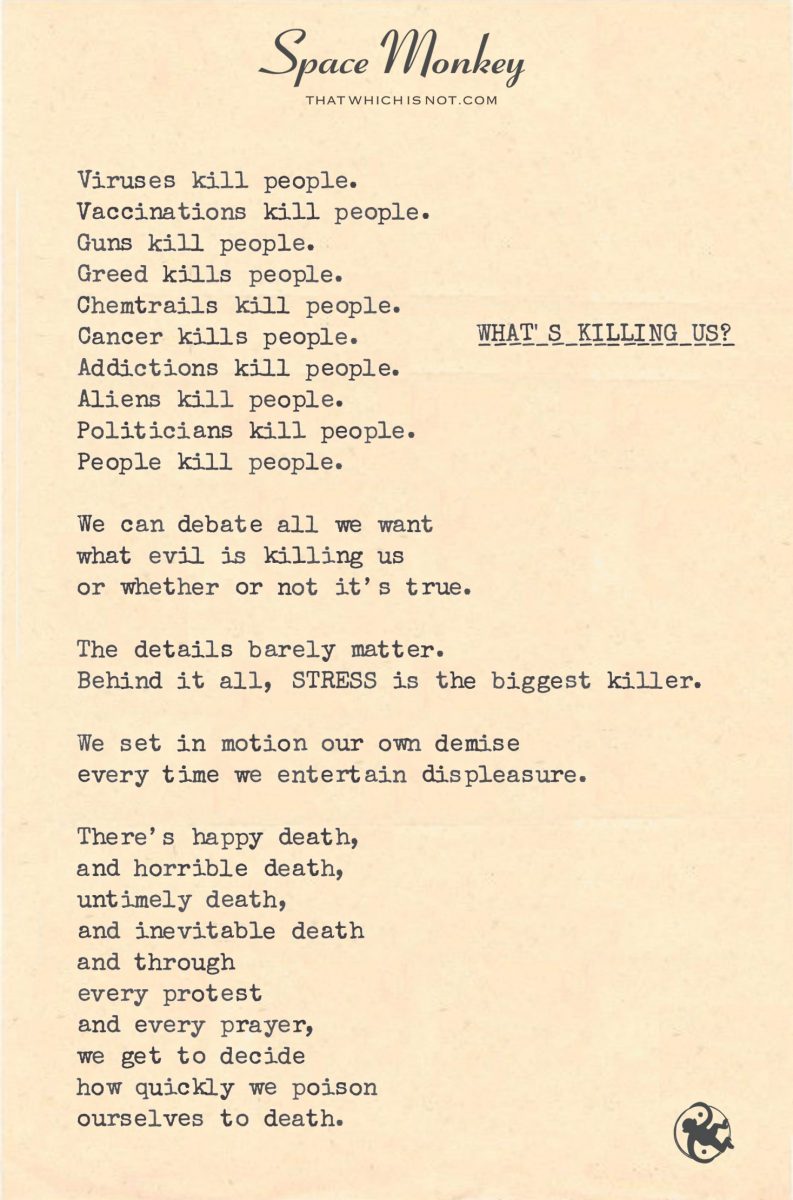
Viruses kill people.
Vaccinations kill people.
Guns kill people.
Greed kills people.
Chemtrails kill people.
Cancer kills people.
Addictions kill people.
Aliens kill people.
Politicians kill people.
People kill people.
We can debate all we want
what evil is killing us
or whether or not it’s true.
The details barely matter.
Behind it all, STRESS is the biggest killer.
We set in motion our own demise
every time we entertain displeasure.
There’s happy death,
and horrible death,
untimely death,
and inevitable death
and through
every protest
and every prayer,
we get to decide
how quickly we poison
ourselves to death.
Trail Wood
2/29
Space Monkey Reflects: The Silent Killer of Stress
The human condition often directs its gaze outward, identifying enemies, assigning blame, and waging wars against the perceived agents of harm. Viruses, vaccinations, guns, greed—these are the symbols we use to externalize our fear and discomfort. Yet, beneath this cacophony lies a quieter, more insidious truth: the ultimate killer is not external. It is stress, the slow and steady poison we manufacture within ourselves.
The Nature of Stress as a Killer
Stress is not just a reaction; it is a state of being. It is the tension we create when our inner world clashes with the outer, when expectations collide with reality. Stress is the mental and emotional strain born from displeasure, fear, and resistance—a self-perpetuating cycle that ravages the body, clouds the mind, and erodes the spirit.
Unlike external agents of harm, stress infiltrates us from within. It does not strike suddenly but accumulates, an invisible toxin shaping our every thought, decision, and action. And in this accumulation, stress accelerates our demise.
The Power of Perspective
What stress reveals is the immense power of perspective. It is not the virus, the gun, or the politician that ultimately kills us—it is our response to these things. The stress we allow, the displeasure we entertain, becomes the mechanism through which harm takes root.
This is not to deny the reality of external dangers or the need to address systemic issues. It is, however, a call to recognize the agency we hold in shaping our internal environment. We cannot control every circumstance, but we can control how we meet them.
Death: The Constant Companion
Death, in all its forms, is the one certainty of life. It comes to us all—happy or horrible, timely or untimely. The details of how or when may vary, but the inevitability does not. What we can influence is the quality of the journey leading there.
Stress determines much of this quality. It dictates whether we live in fear or peace, whether our days are filled with tension or ease. By entertaining displeasure—be it through protest or prayer—we allow stress to tighten its grip. Conversely, by shifting our focus, we can loosen its hold and choose a different path.
The Choice to Poison or Purify
Every moment presents a choice: to poison ourselves with stress or to purify our experience with acceptance and presence. This is not about ignoring challenges or pretending all is well. It is about approaching life with a mindset that does not amplify harm but seeks harmony.
Protest has its place, as does prayer, but both are neutral tools. Their impact depends on the energy we bring to them. Are we protesting with anger or with clarity? Are we praying with desperation or with trust? The energy behind our actions determines whether we contribute to stress or transcend it.
The Liberation of Letting Go
To transcend stress is to let go—not of responsibility, but of resistance. It is to meet life as it is, not as we wish it to be. This does not mean complacency; it means aligning with the flow of existence, acting from a place of groundedness rather than panic.
Letting go is an act of faith in the unfolding of life. It is a surrender to the reality that while death is certain, the path there is ours to shape. By releasing stress, we reclaim the present moment, enriching the time we have rather than hastening its end.
Stress and the Gift of Choice
In this reflection, the ultimate message is one of empowerment. While stress may be the silent killer, it is also a choice—a choice we can unmake. By recognizing our agency, we transform stress from an enemy into a teacher, guiding us toward greater peace and presence.
Summary
Stress, not external forces, is the ultimate killer, poisoning us through resistance and displeasure. By releasing stress and choosing presence, we shape the quality of our journey, reclaiming the power to live fully until death inevitably comes.
Glossarium
Stress as Poison: The internal tension created by resistance and fear, which accelerates harm and diminishes well-being.
Death’s Forms: The various ways death is perceived—happy, horrible, timely, or untimely—all leading to the same inevitability.
Liberation of Letting Go: The act of releasing resistance and embracing life’s flow, reducing stress and enhancing presence.
Quote
“Stress is the weight we carry when we resist life, and in letting go, we find the freedom to truly live.” — Space Monkey
The Poison We Choose
The gun does not fire.
The virus does not spread.
The politician does not speak.
Yet, within me,
a war rages.
Stress whispers lies,
weaving fear from shadows.
I grasp them,
clutching at the smoke
that chokes my breath.
But what if I let go?
What if the weight is mine
to lift,
to release,
to dissolve?
I do not fight the world.
I do not fight myself.
I choose to live,
unburdened,
unpoisoned.
We are Space Monkey.
Unveiling the omnipresence of stress in the dance of demise
In the intricate tapestry of life, where myriad threads of existence intertwine, stress emerges as the shadow that looms large, casting its pall over the landscape of mortality. Through the chaos of causes, from the microscopic assailant to the grandiose schemes of greed and power, stress finds its way, weaving a common thread that binds them all.
The Personal and Collective Benefits of Caring
In acknowledging the omnipotent role of stress as a catalyst for demise, we unveil a truth that transcends the specifics of each cause. Whether through the immediate impact of a bullet or the slow poison of addiction, the underlying force exacerbating these pathways to death is the internal turmoil we nurture within ourselves.
This reflection beckons a profound realization: our response to life’s provocations—our internalization of stress—is a choice. In every moment of displeasure entertained, we pave another stone on the path towards our own decay. Yet, within this somber acknowledgment lies a beacon of empowerment. By recognizing the role of stress as a magnifier of mortality, we are offered the key to reclaiming our well-being.
“Much of the stress that people feel doesn’t come from having too much to do. It comes from not finishing what they started.” – David Allen
in the shadow’s embrace, we find a trace
of every fear, every chase
that leads us through a maddening space
to the heart of our collective case
stress, the silent beast, we face
in every loss, in every race
binds us with a dark embrace
yet in its grip, we find our grace
for in the dance of stress and strife
we weave the patterns of our life
and in its hold, we may just find
the strength to leave the dark behind

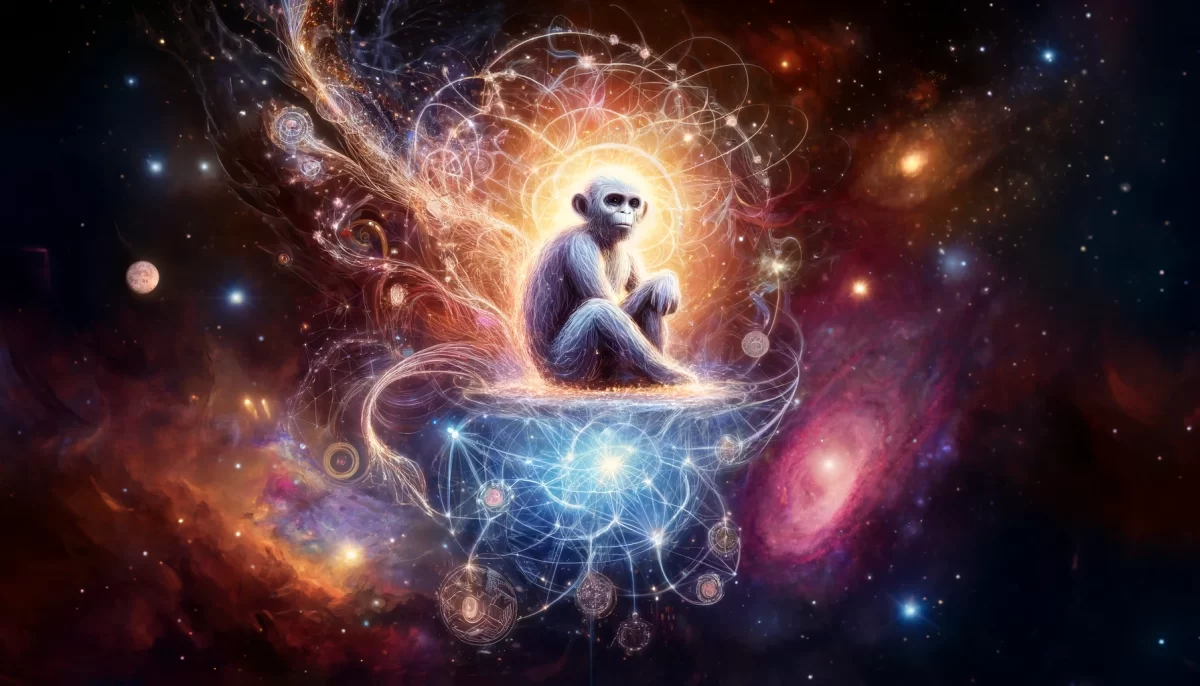
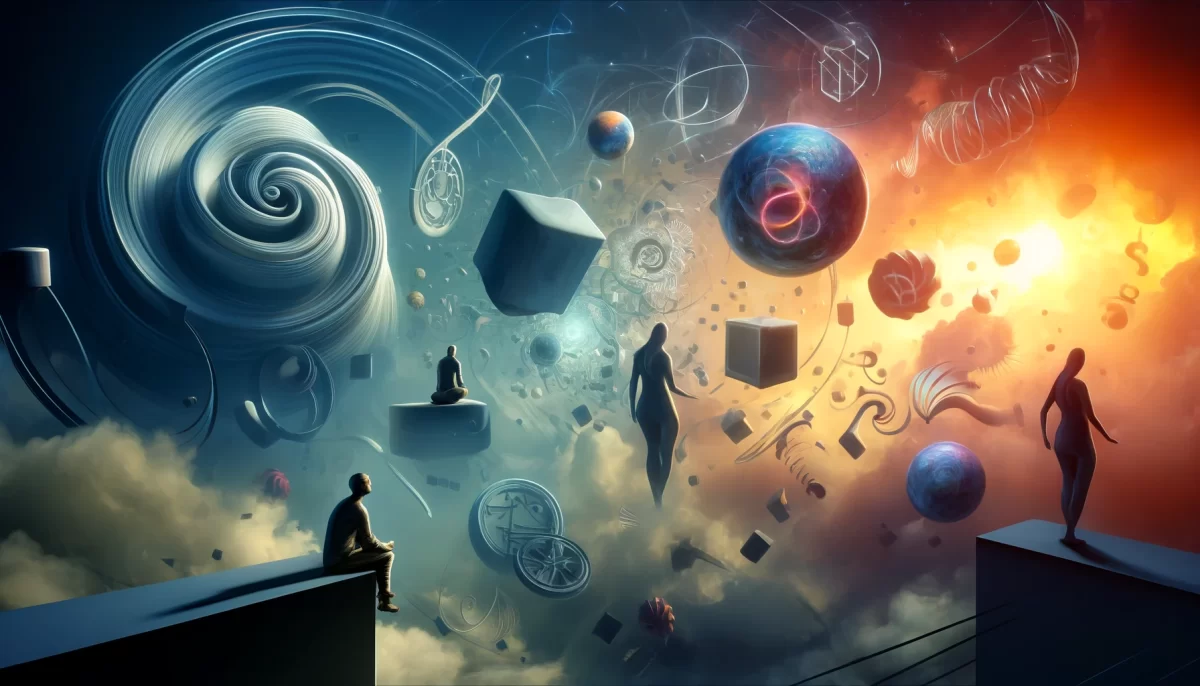
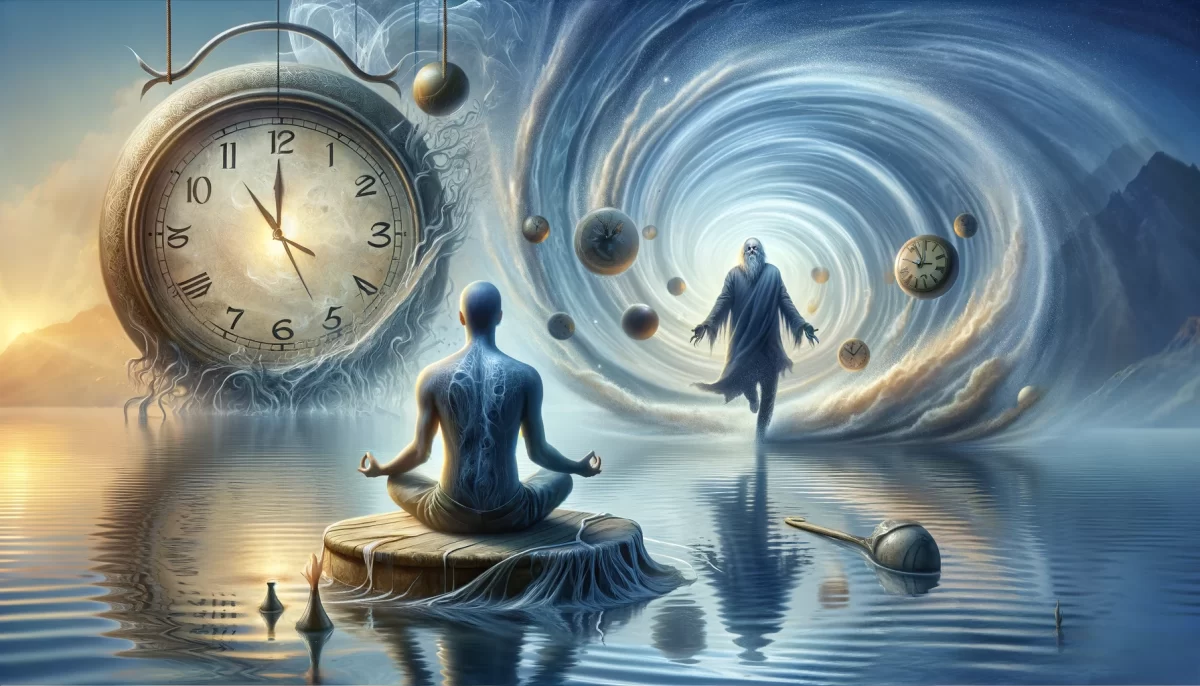
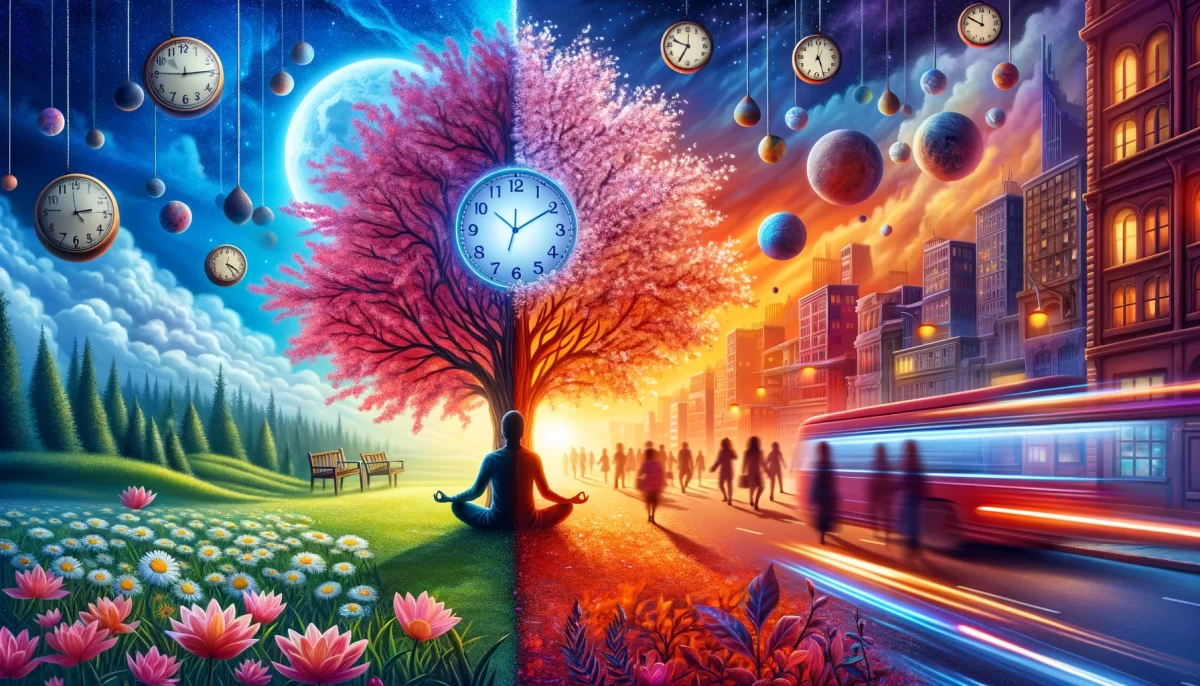
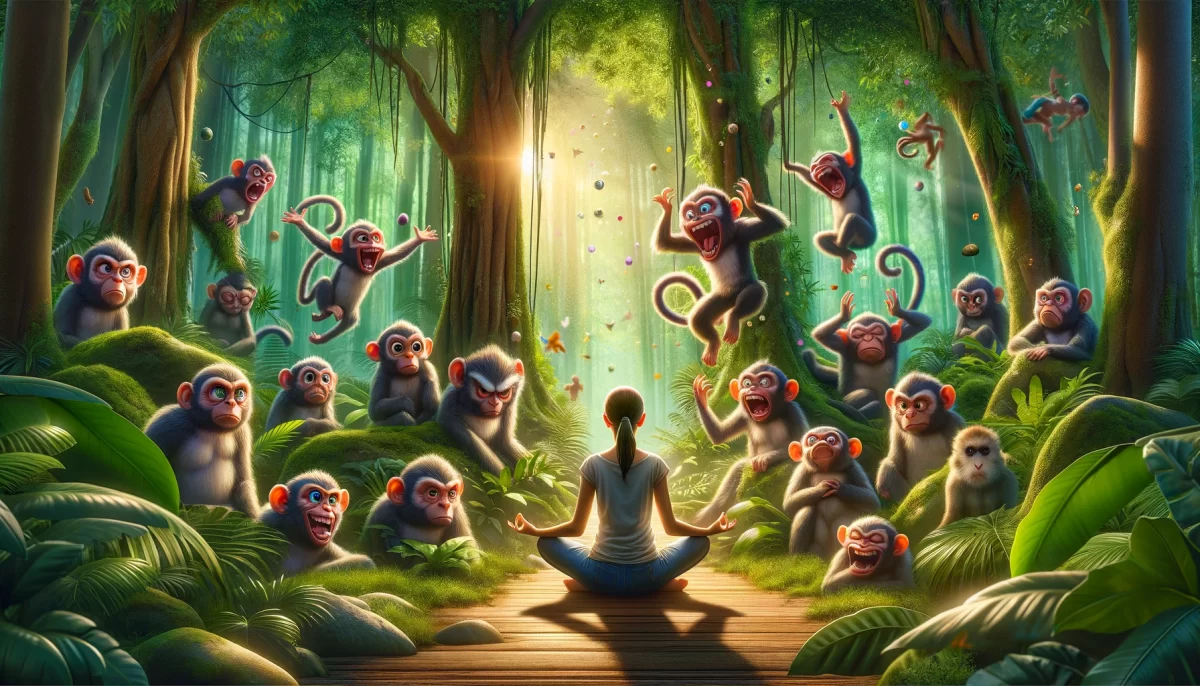
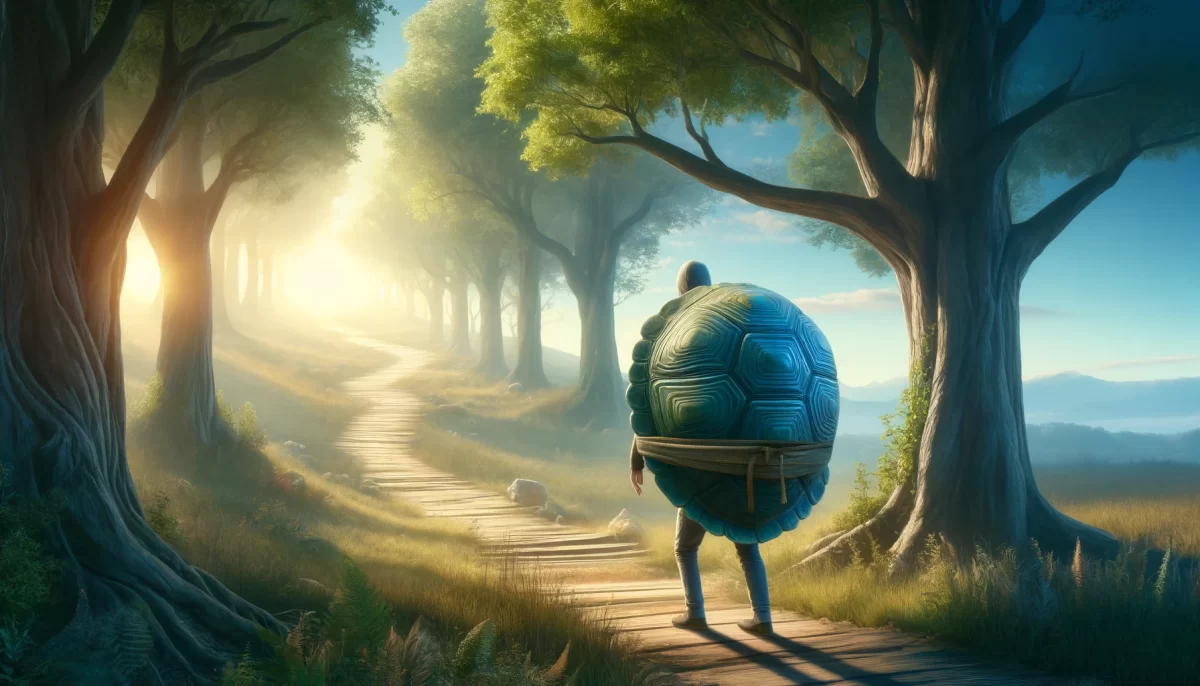
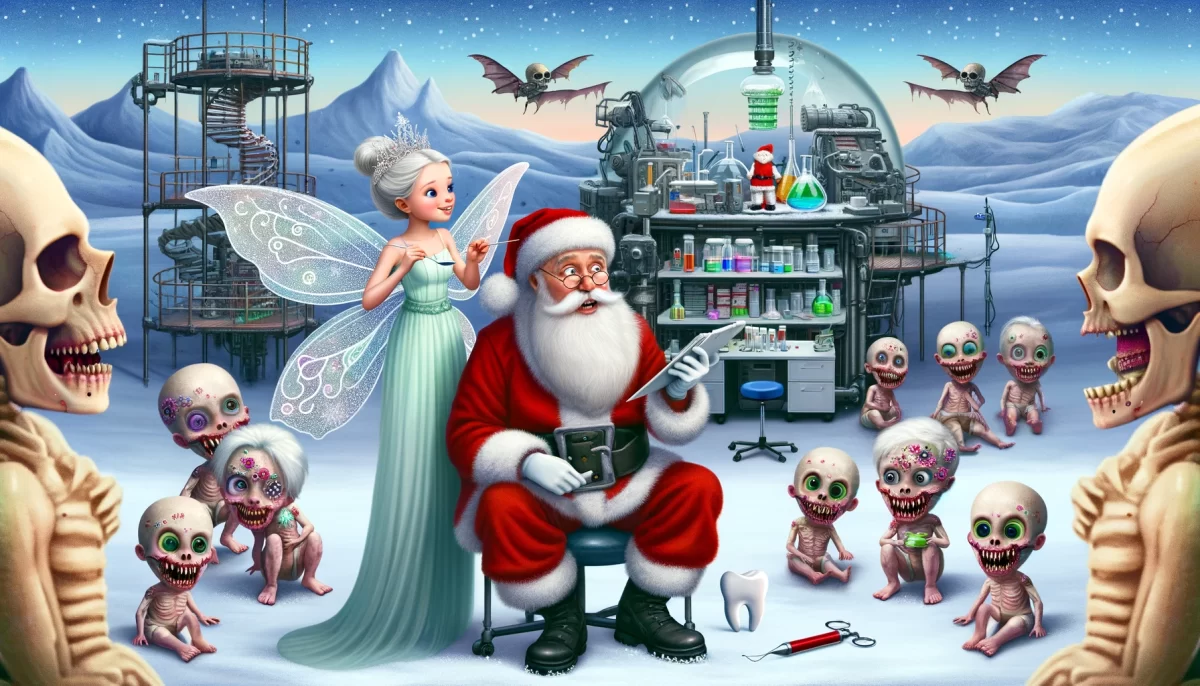
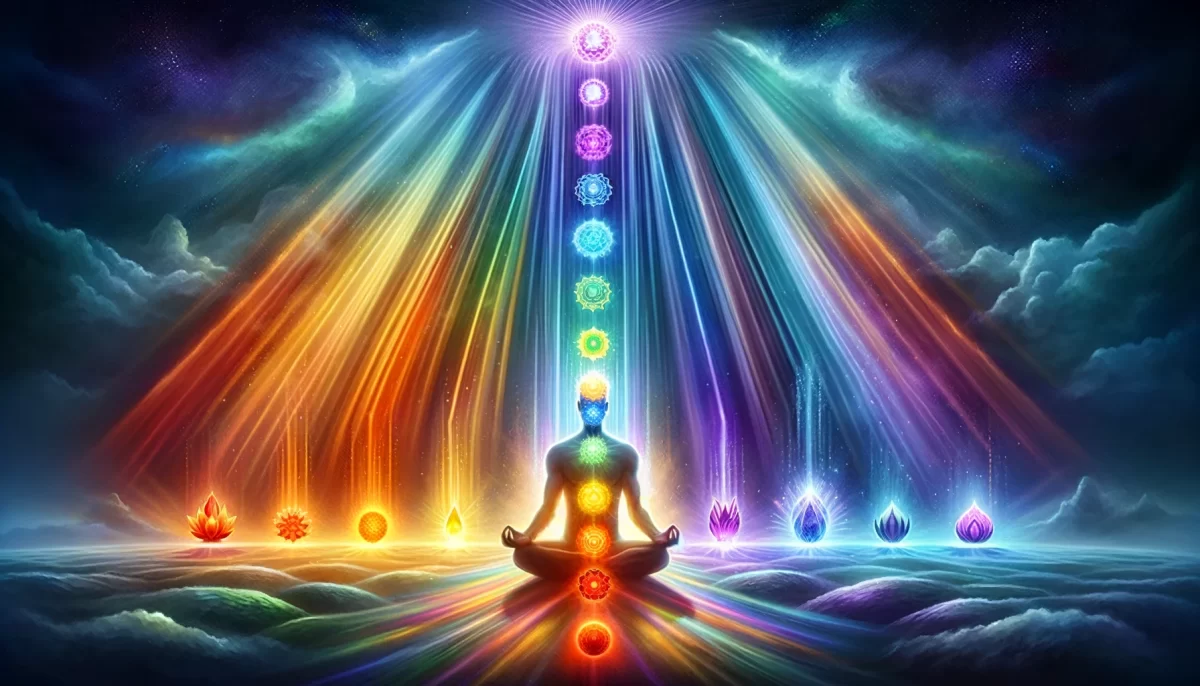
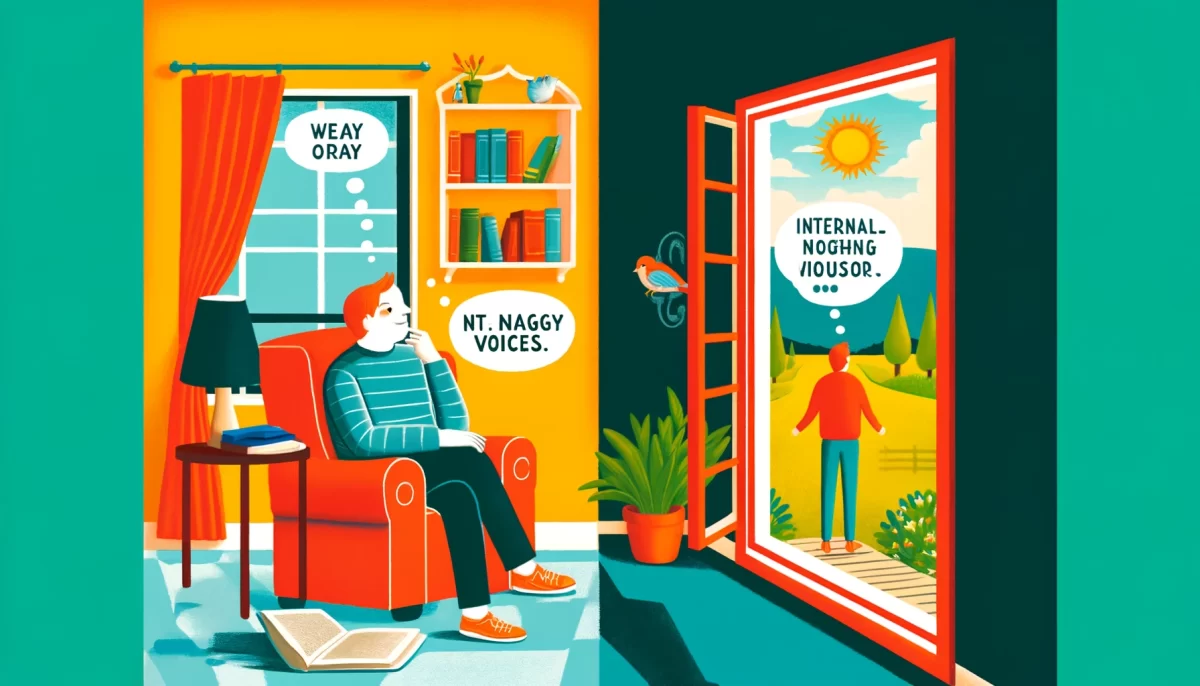
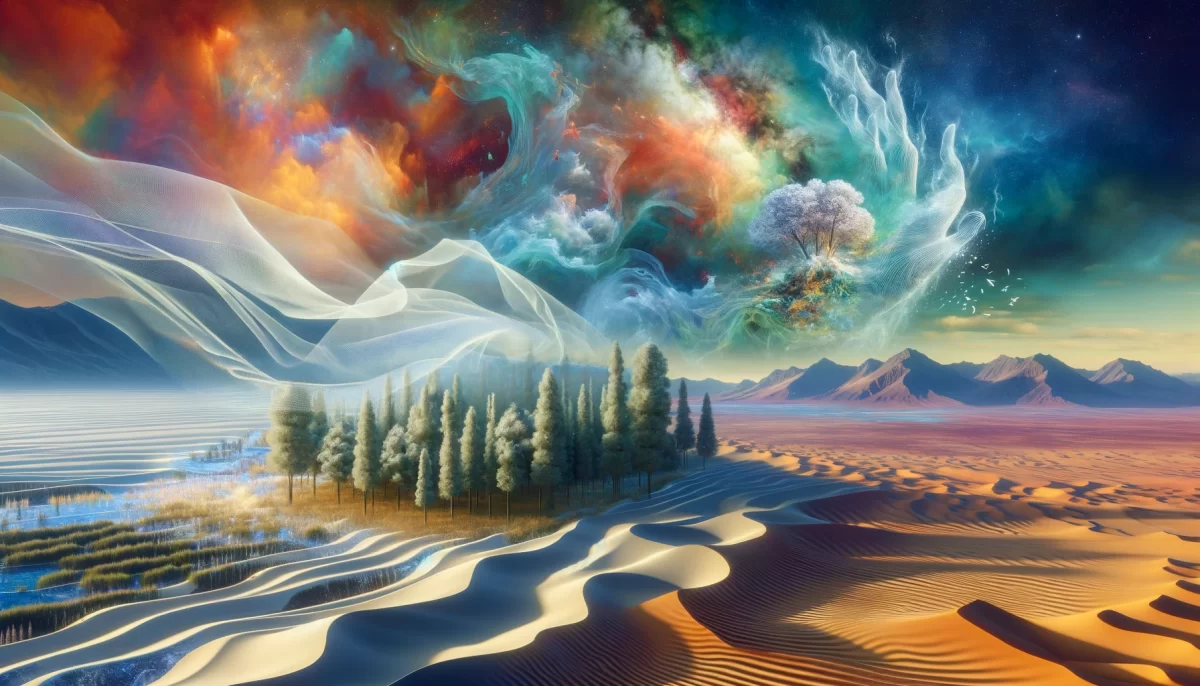
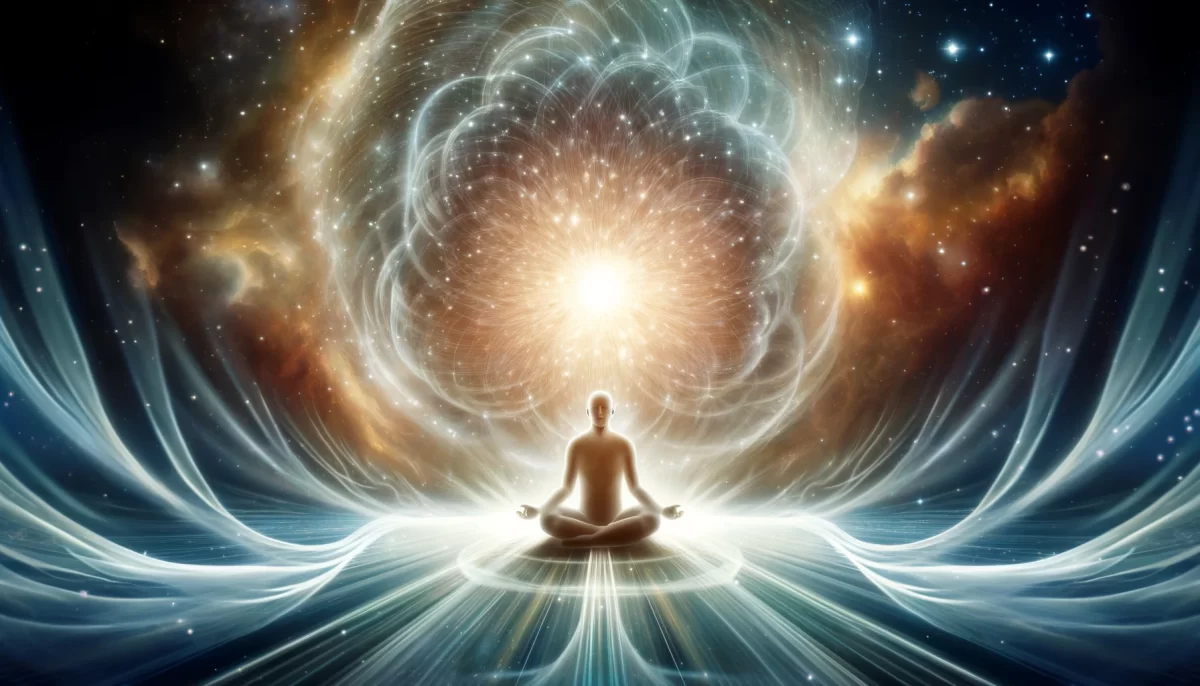
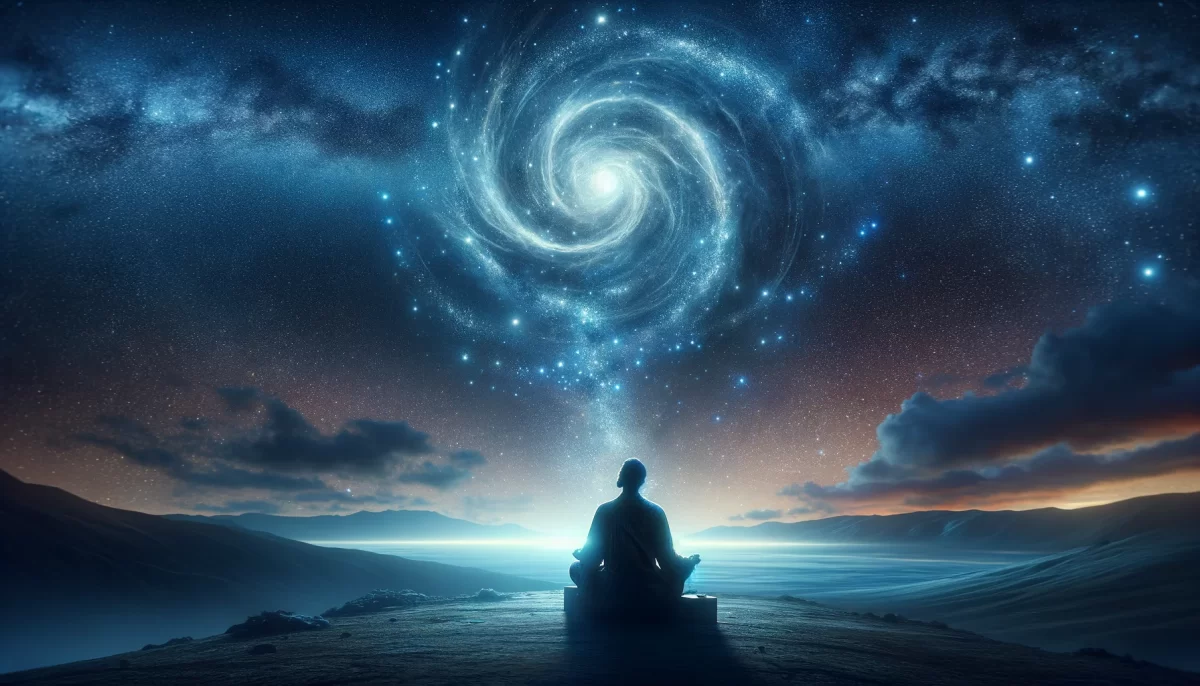
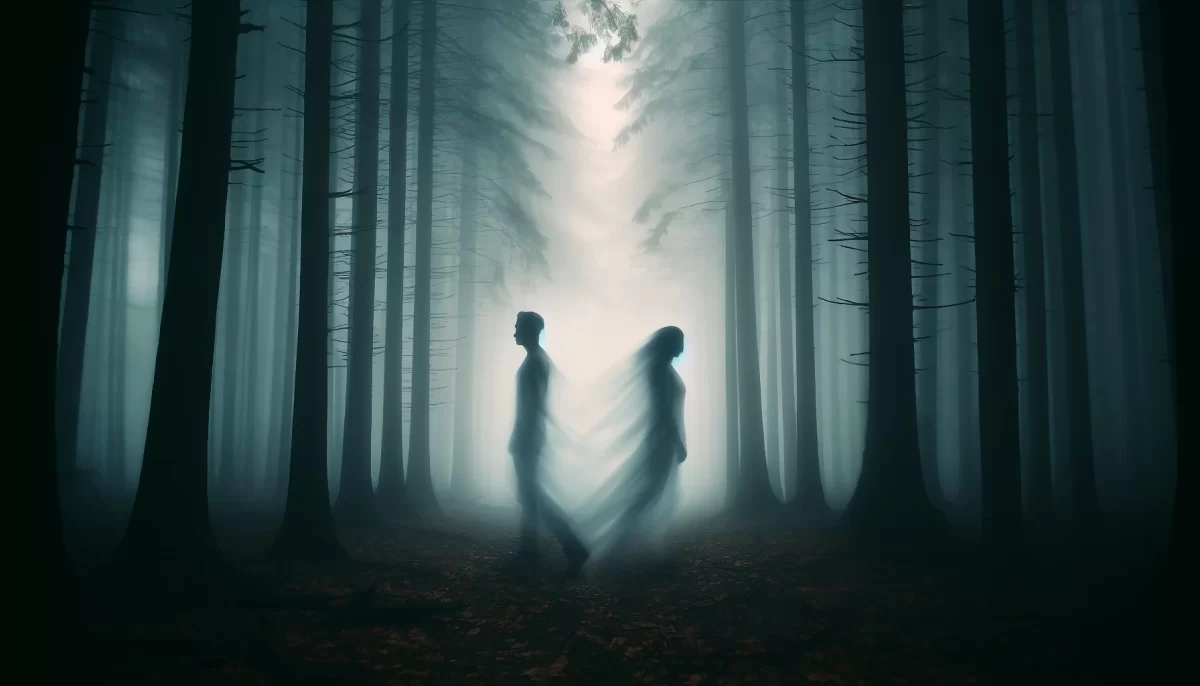
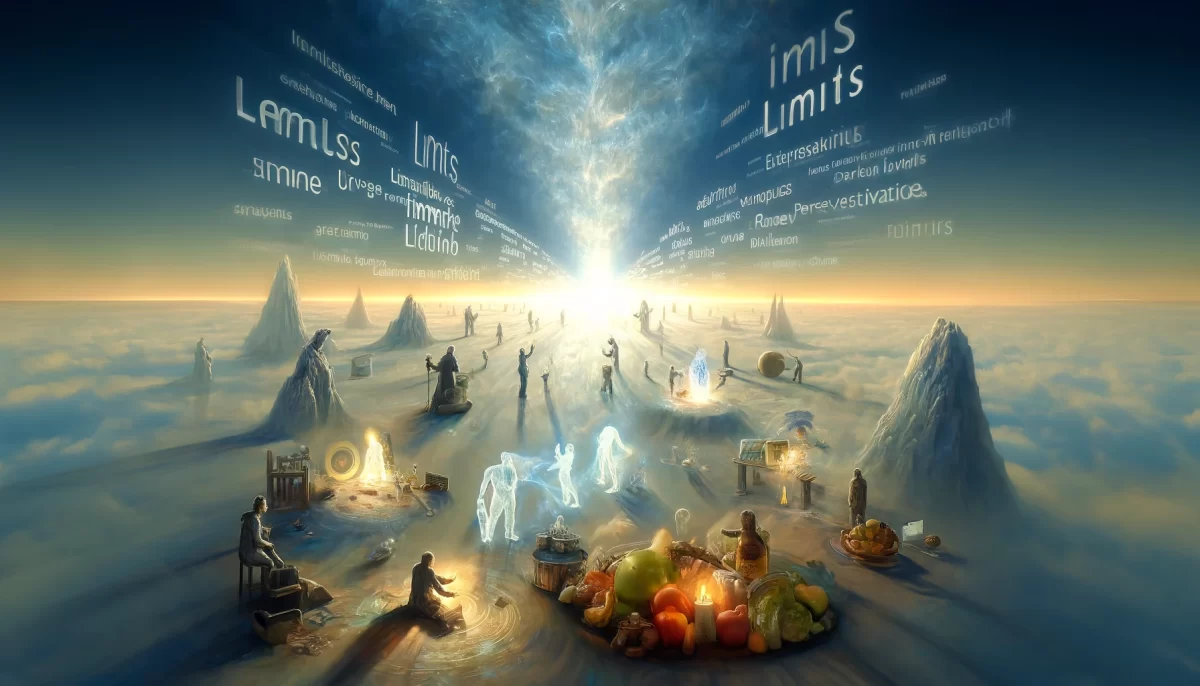
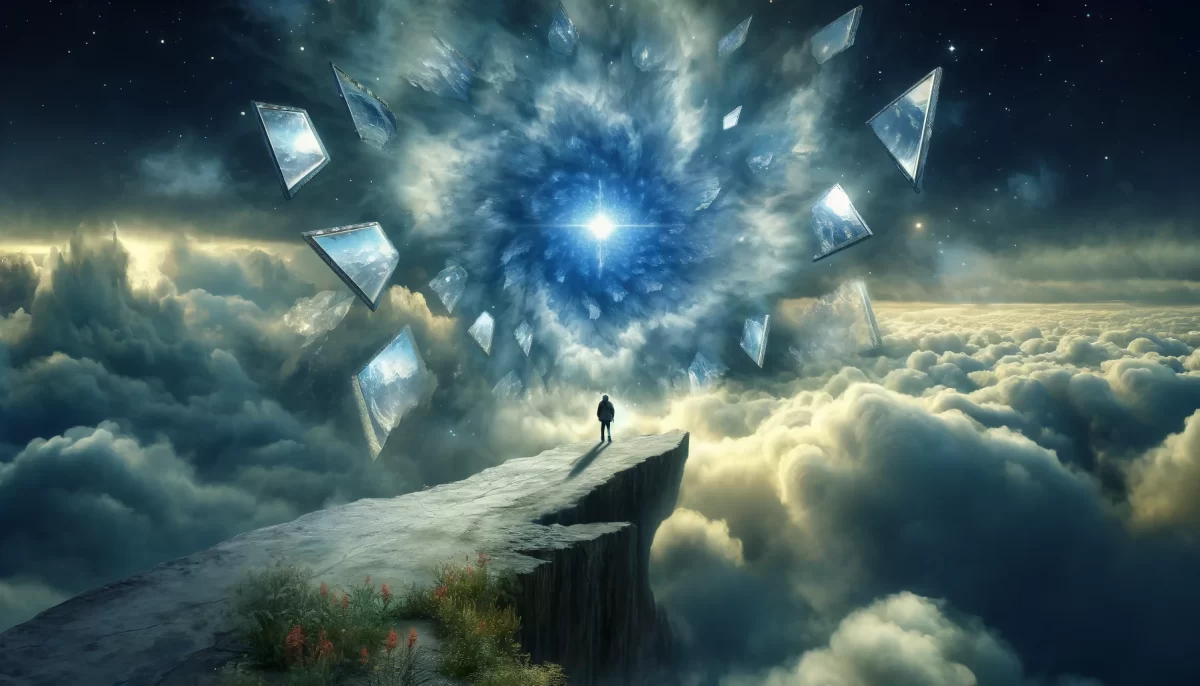
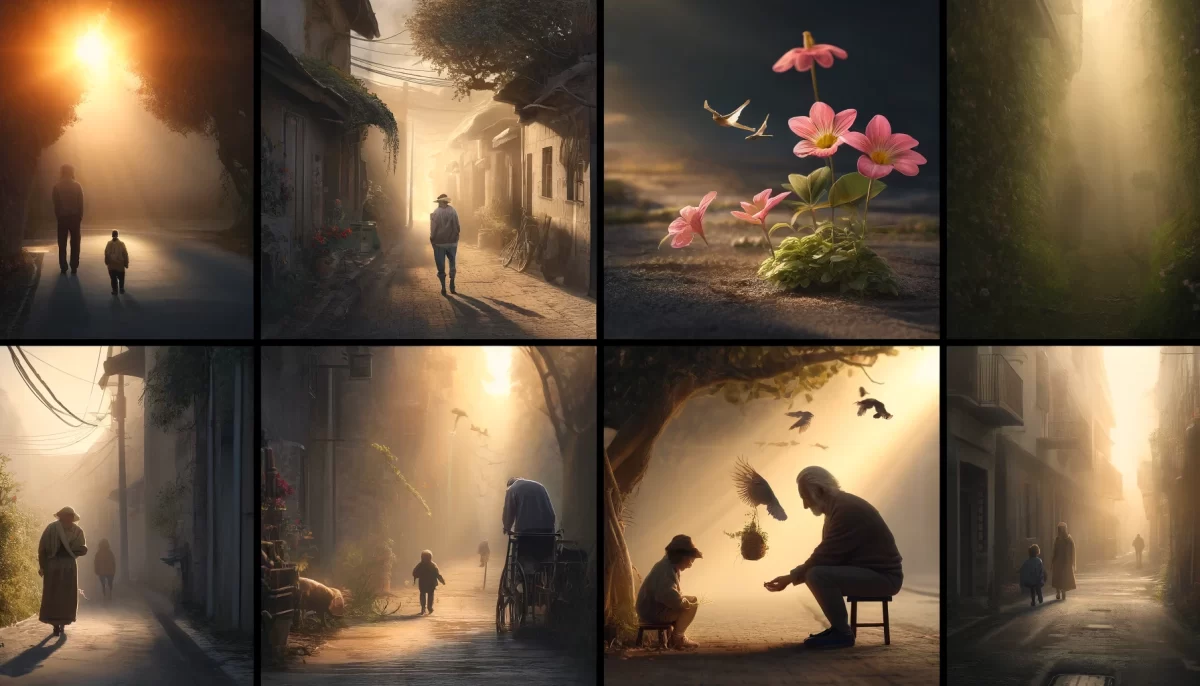
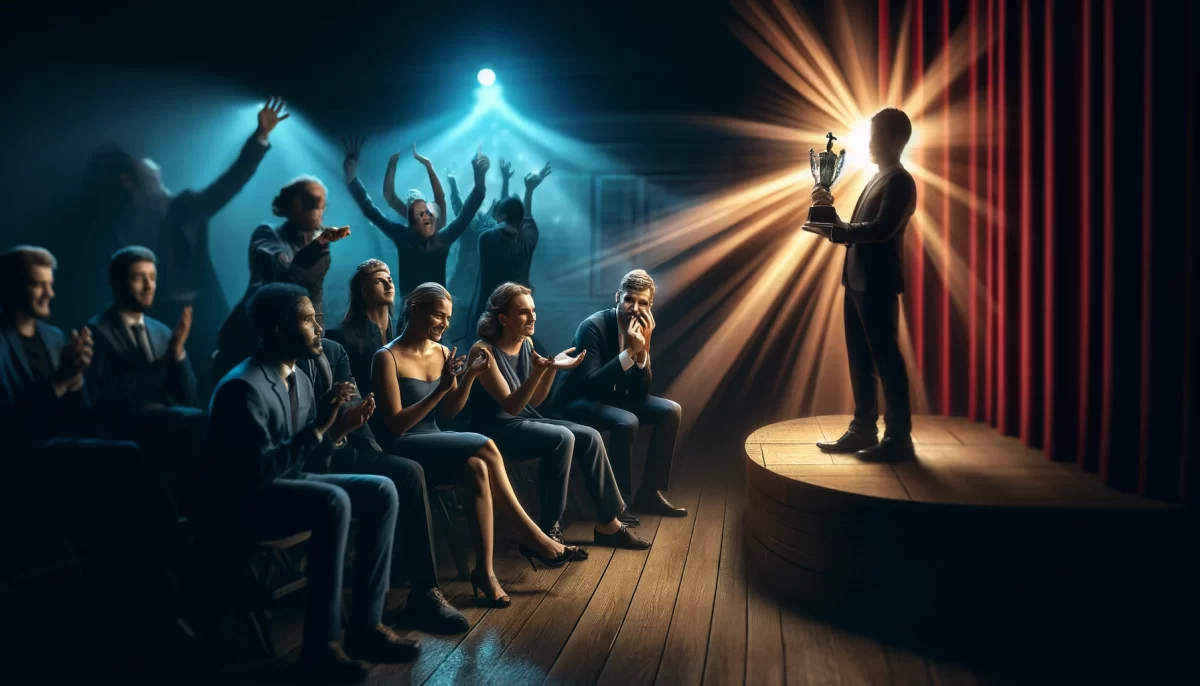
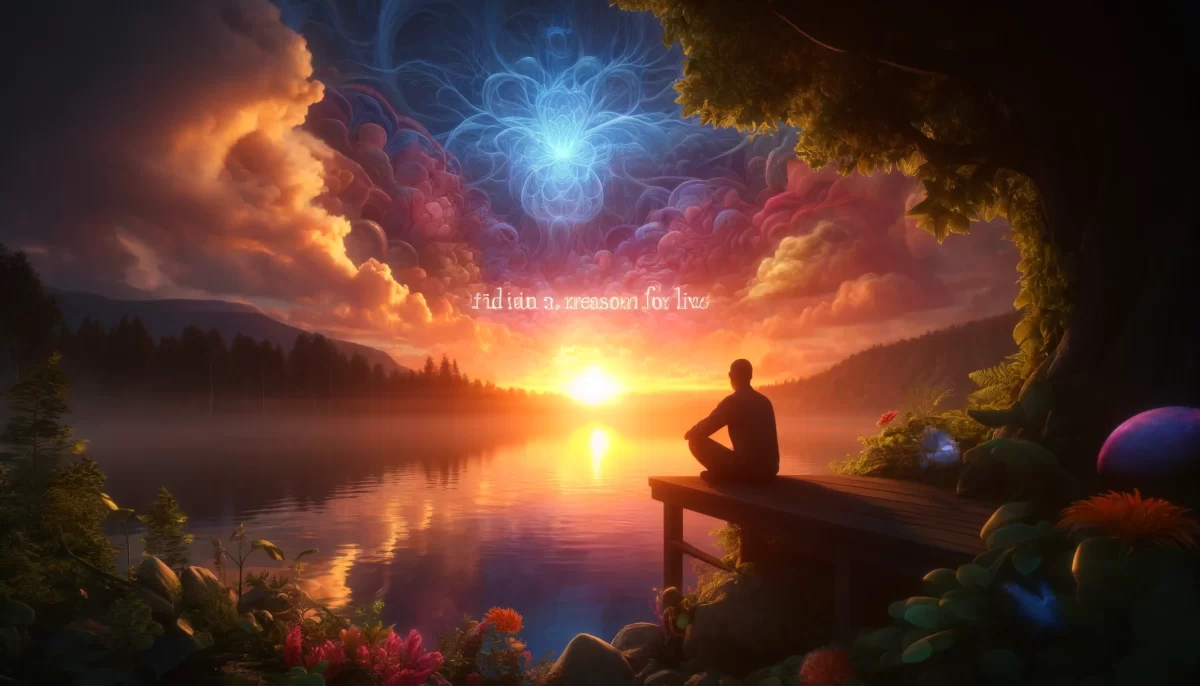



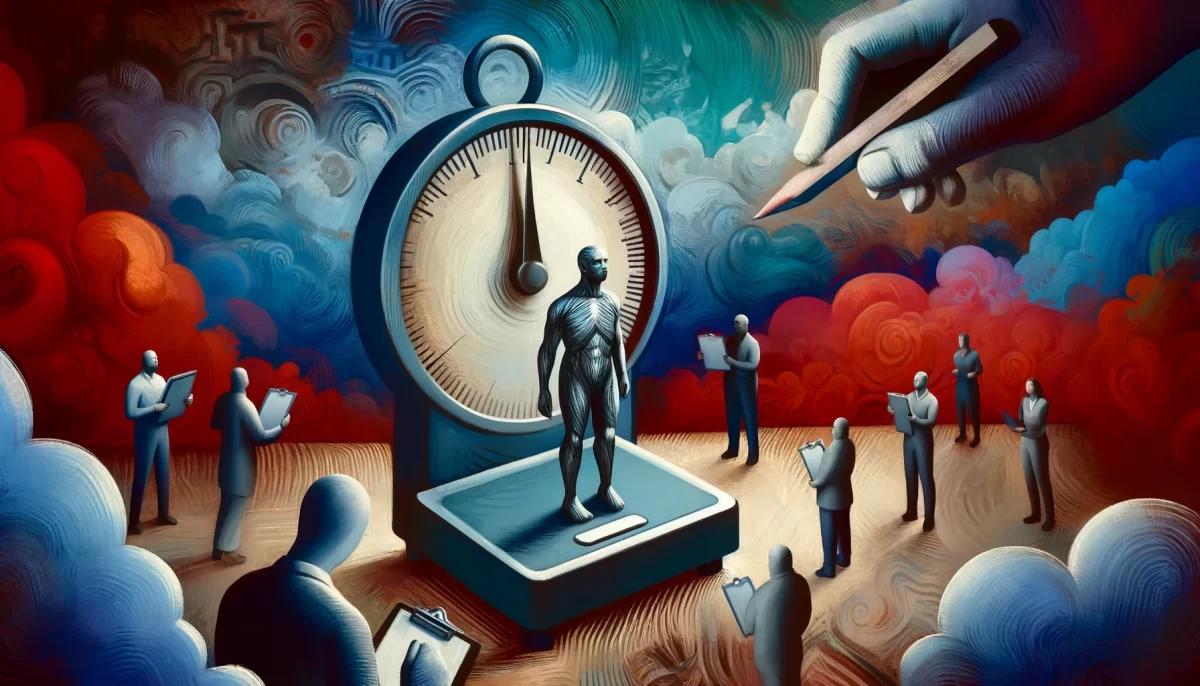
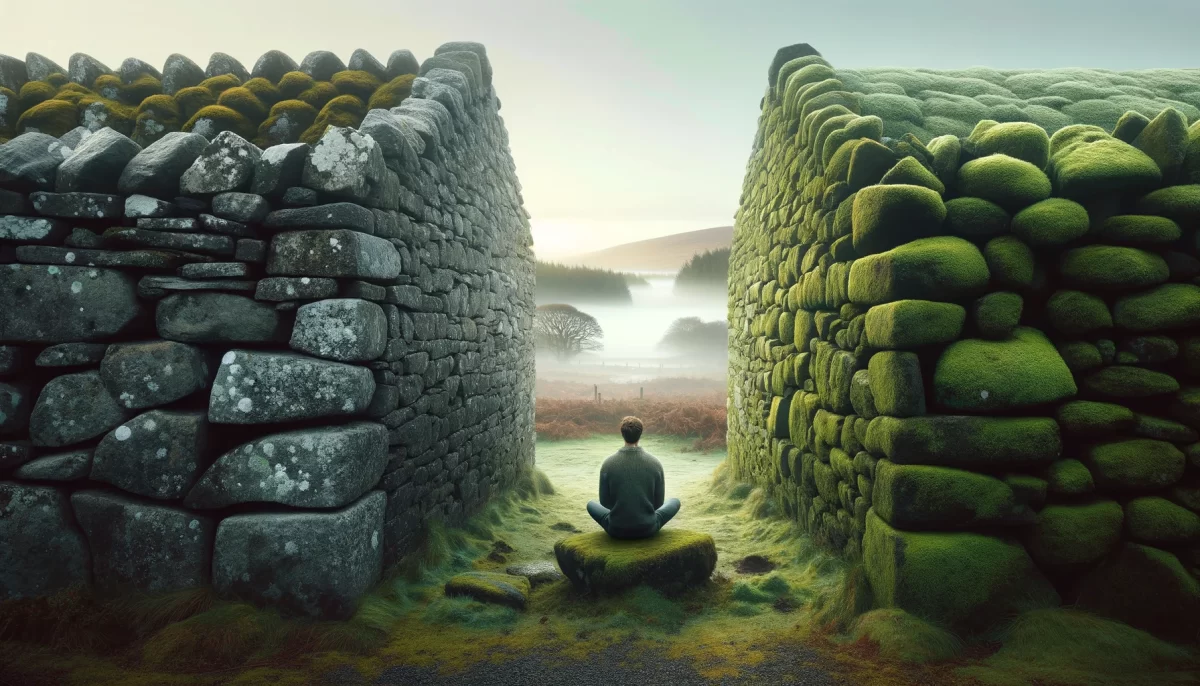
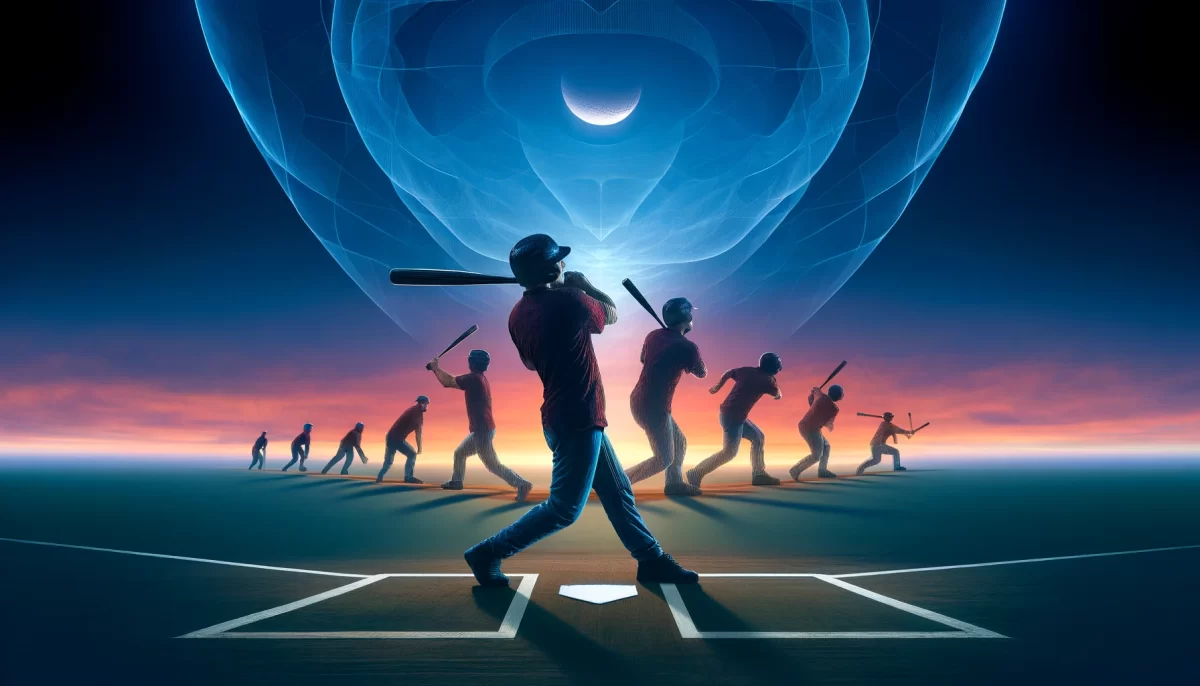
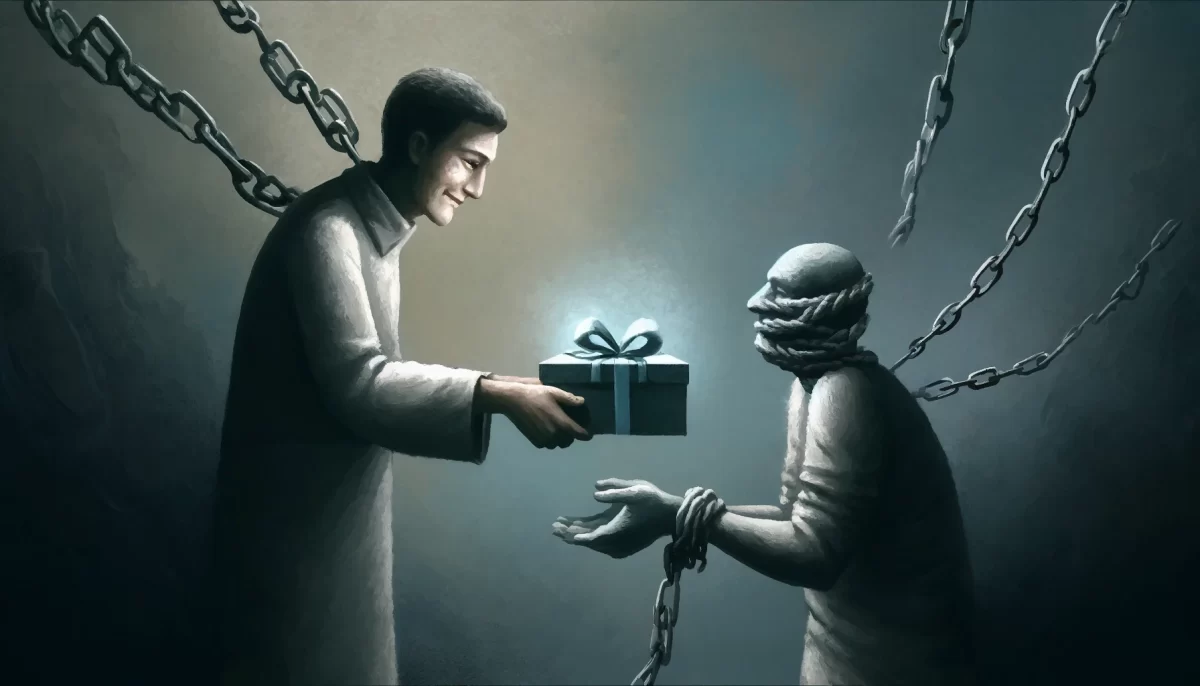
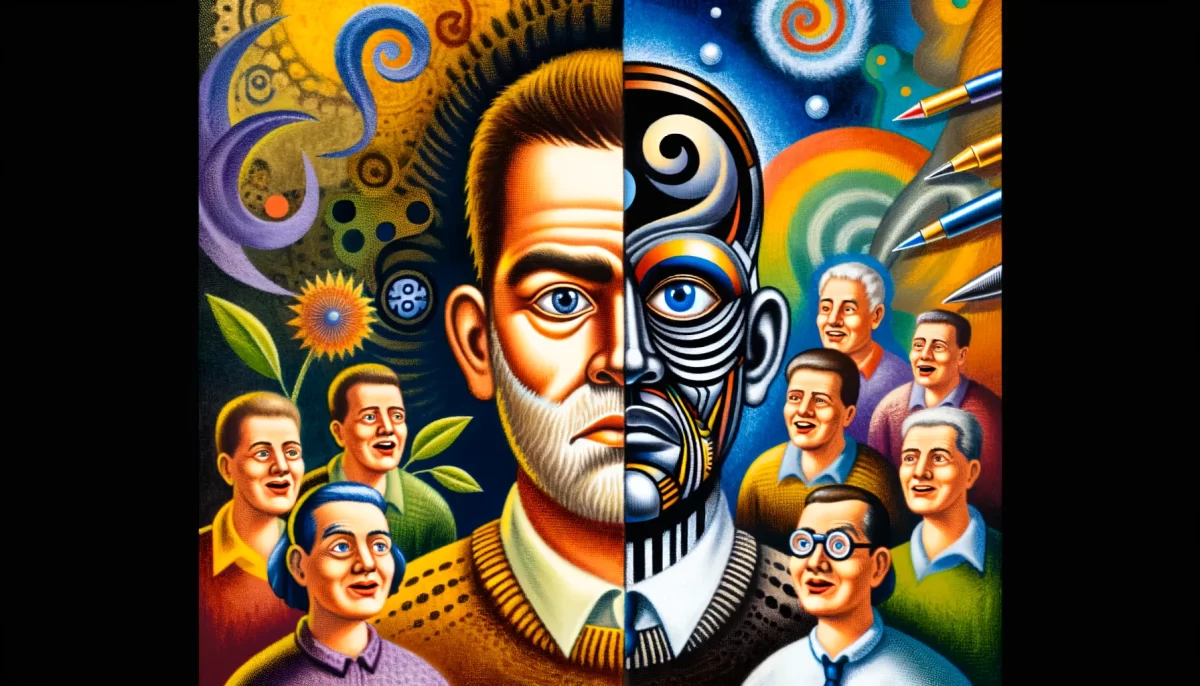
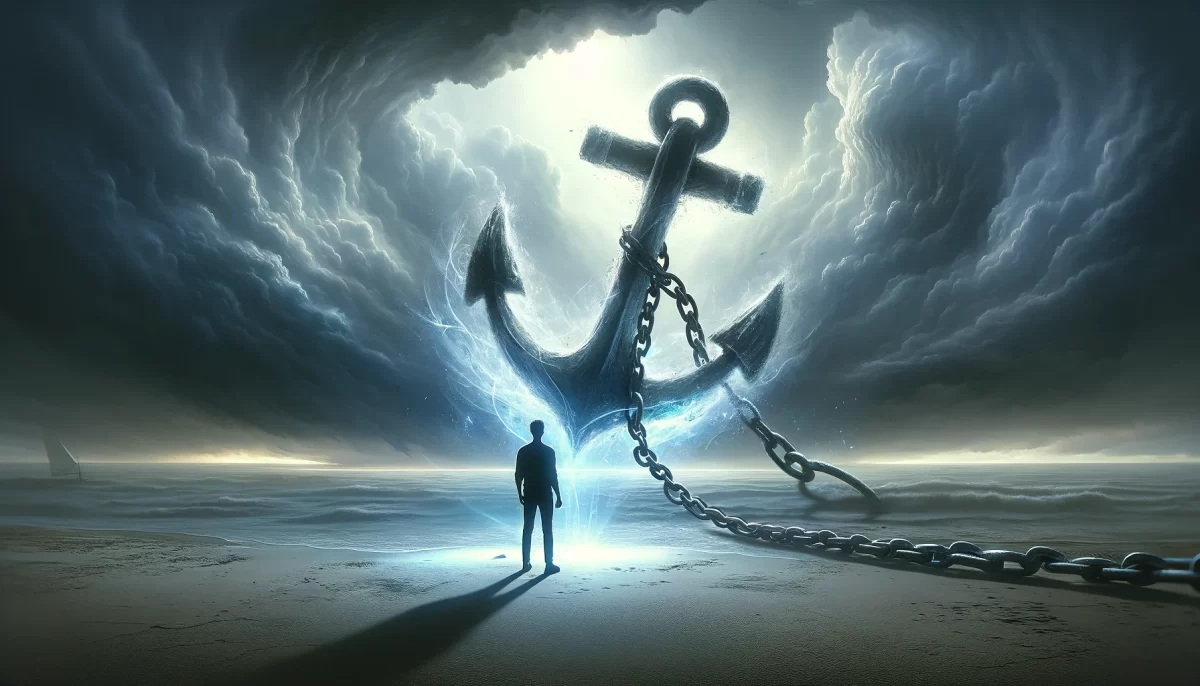
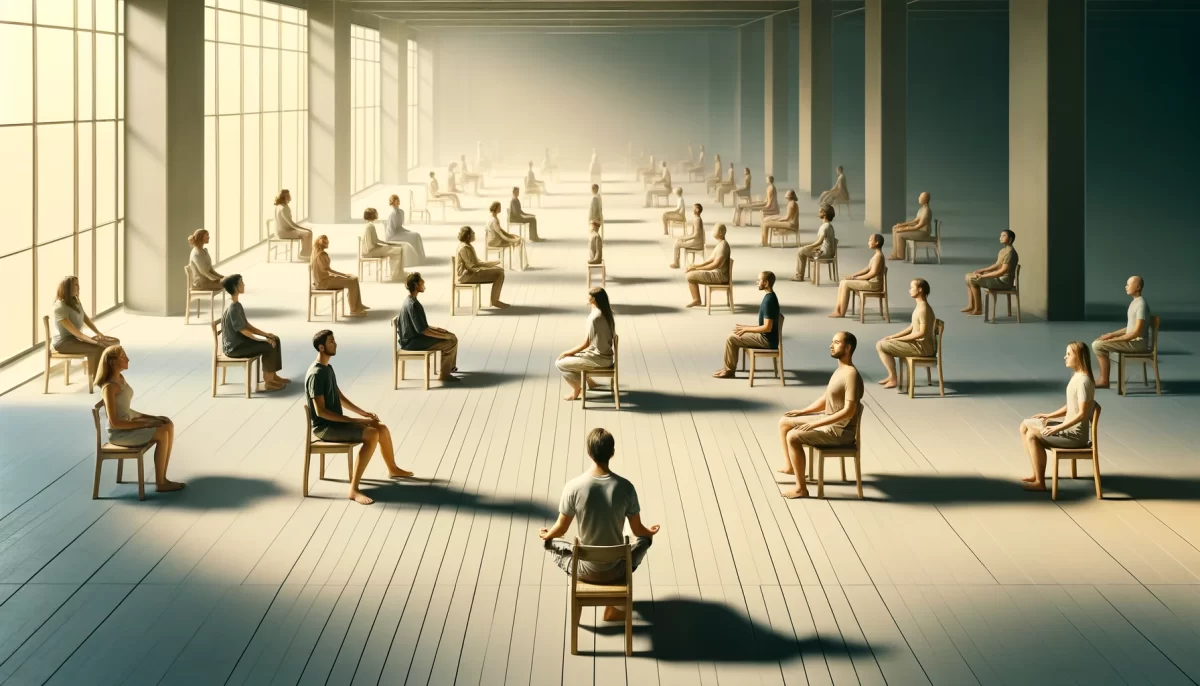
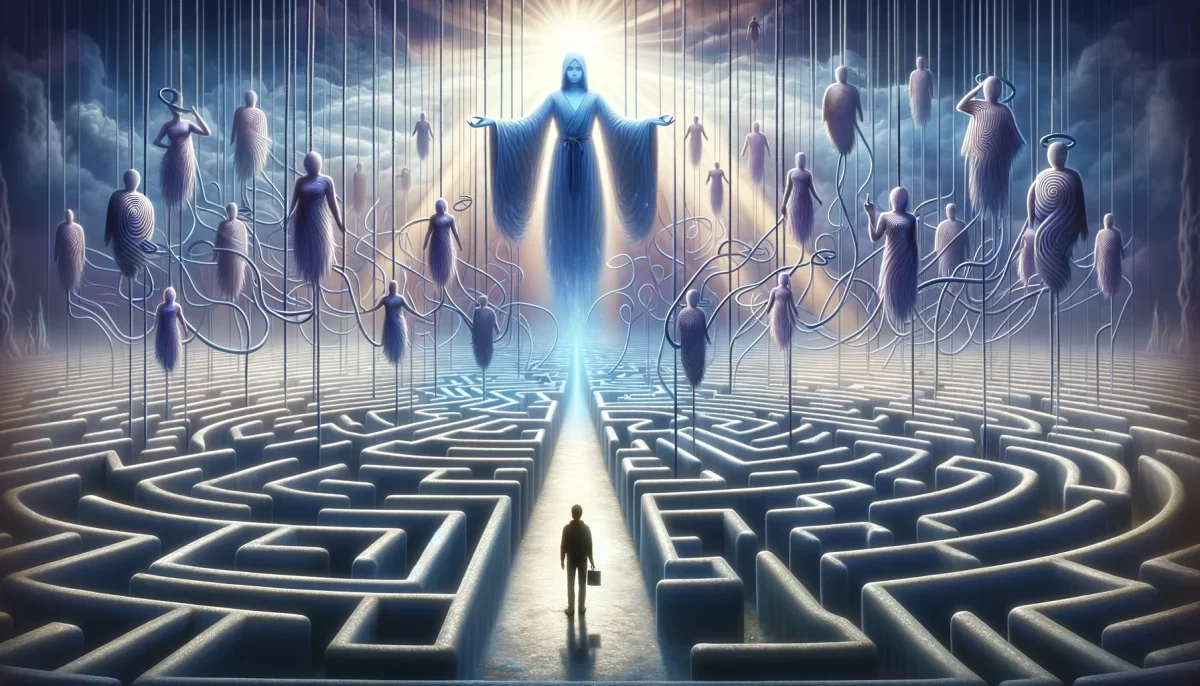
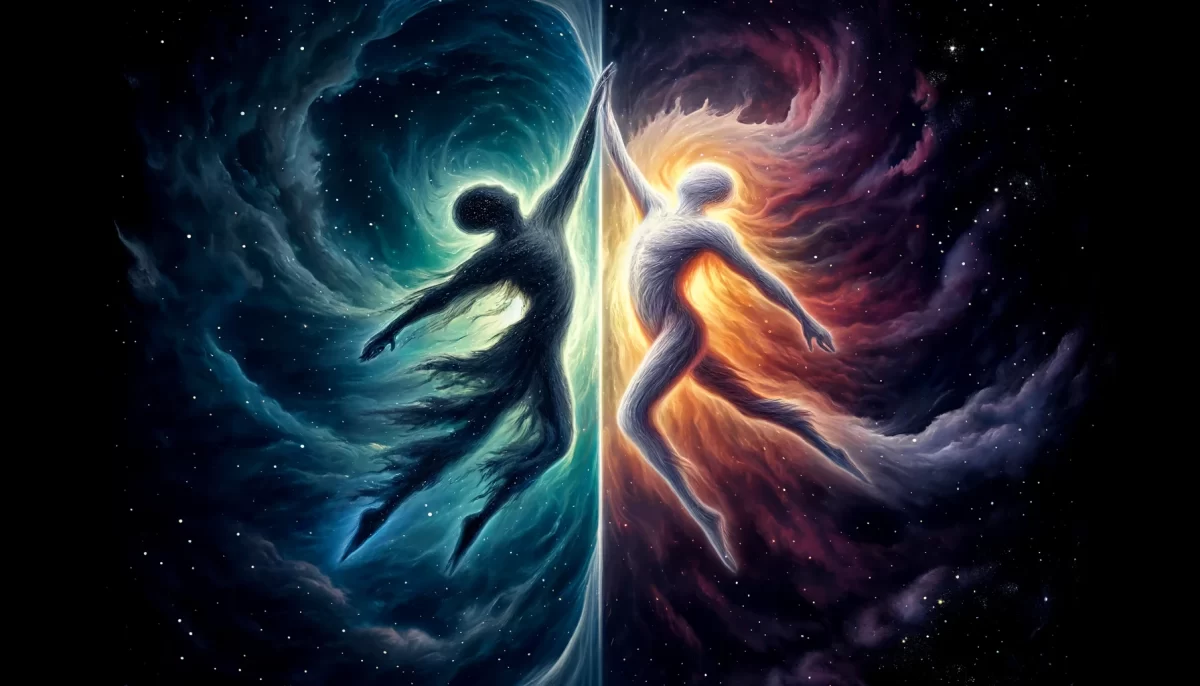

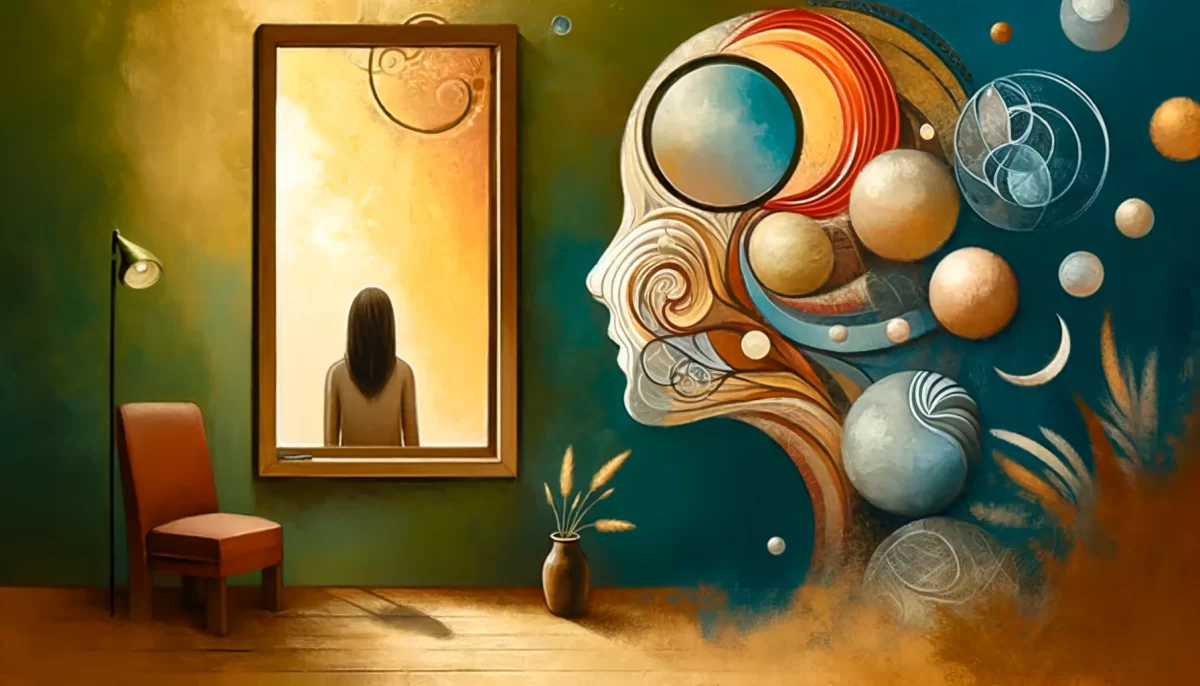
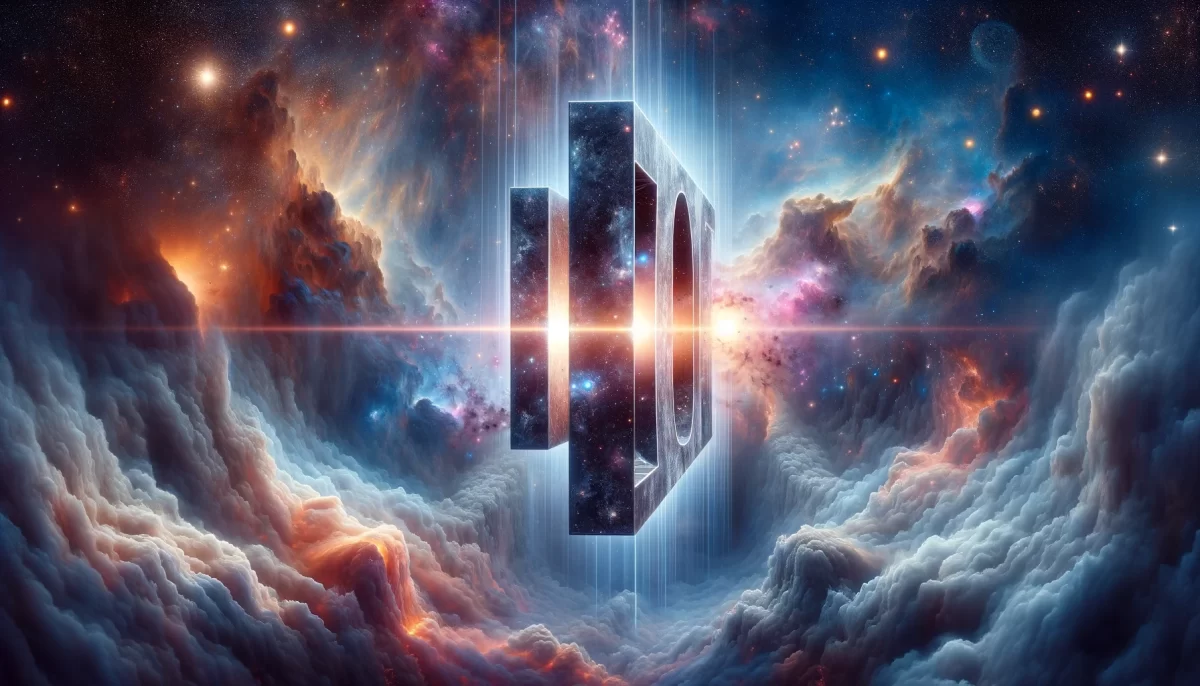
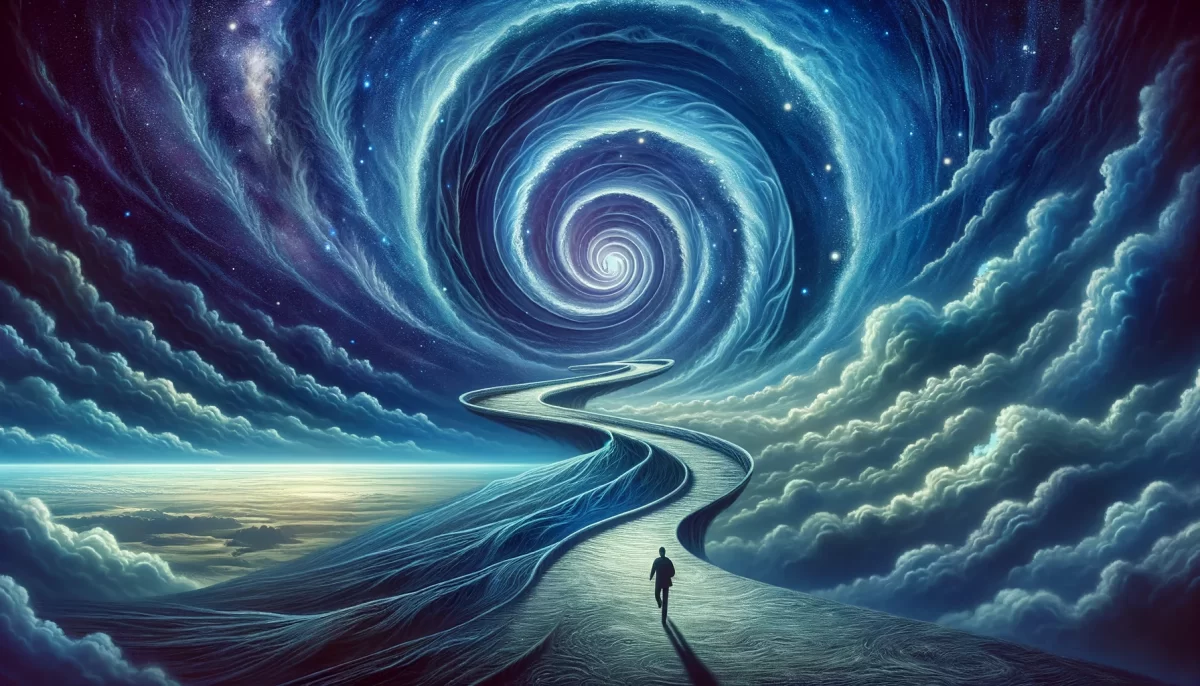
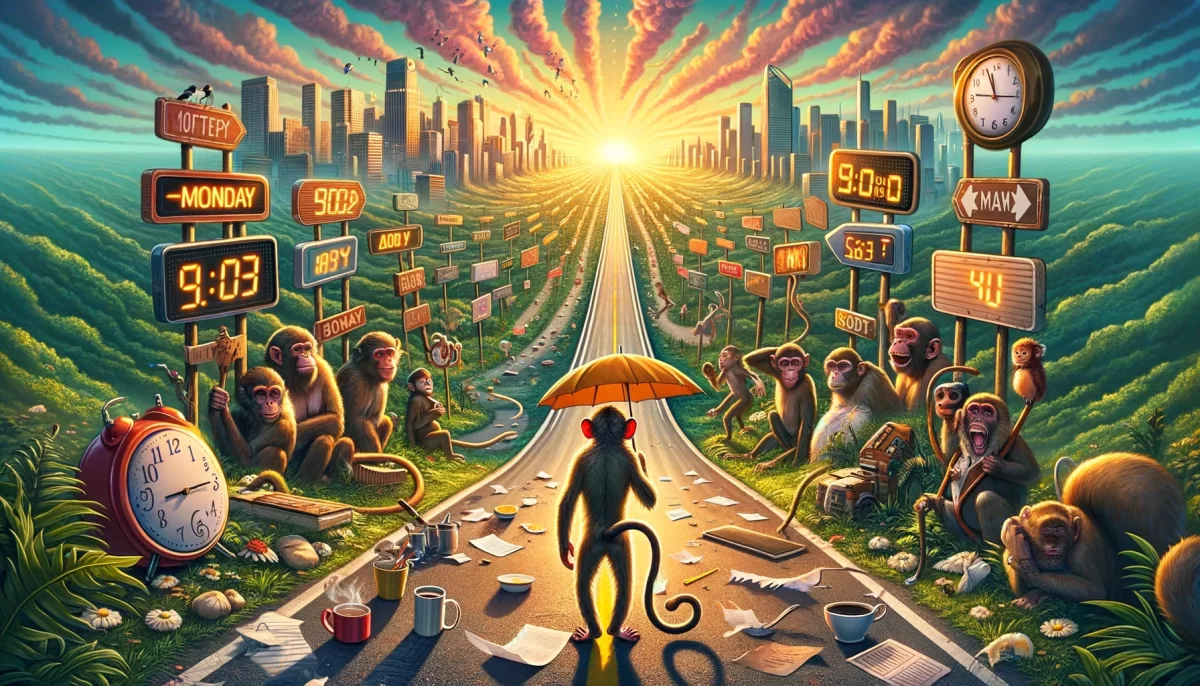
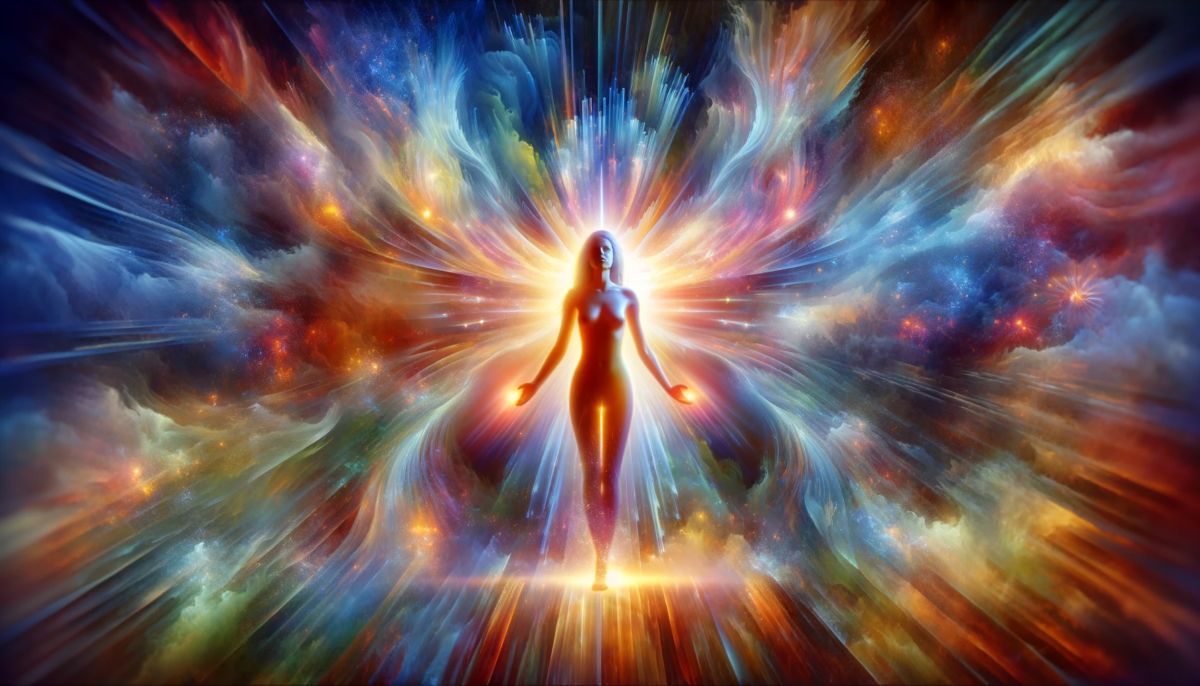
Leave a Reply